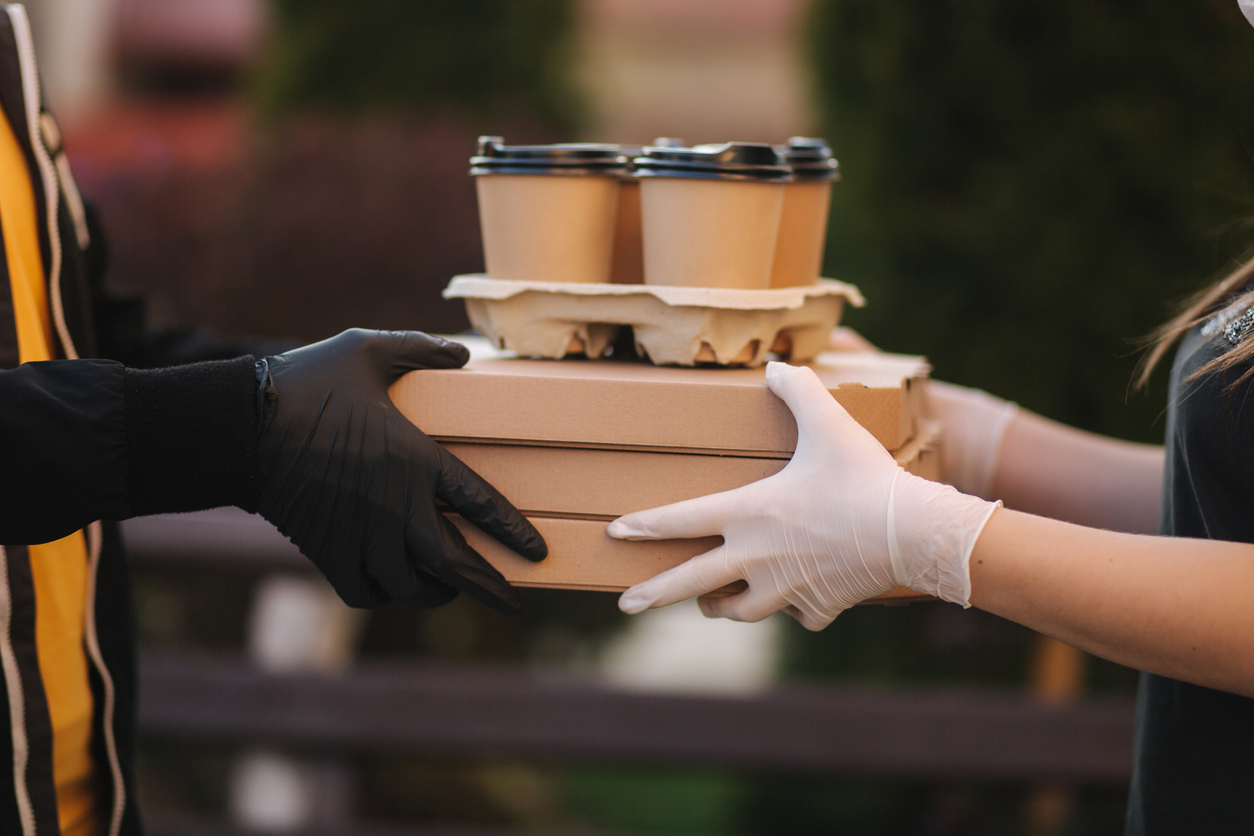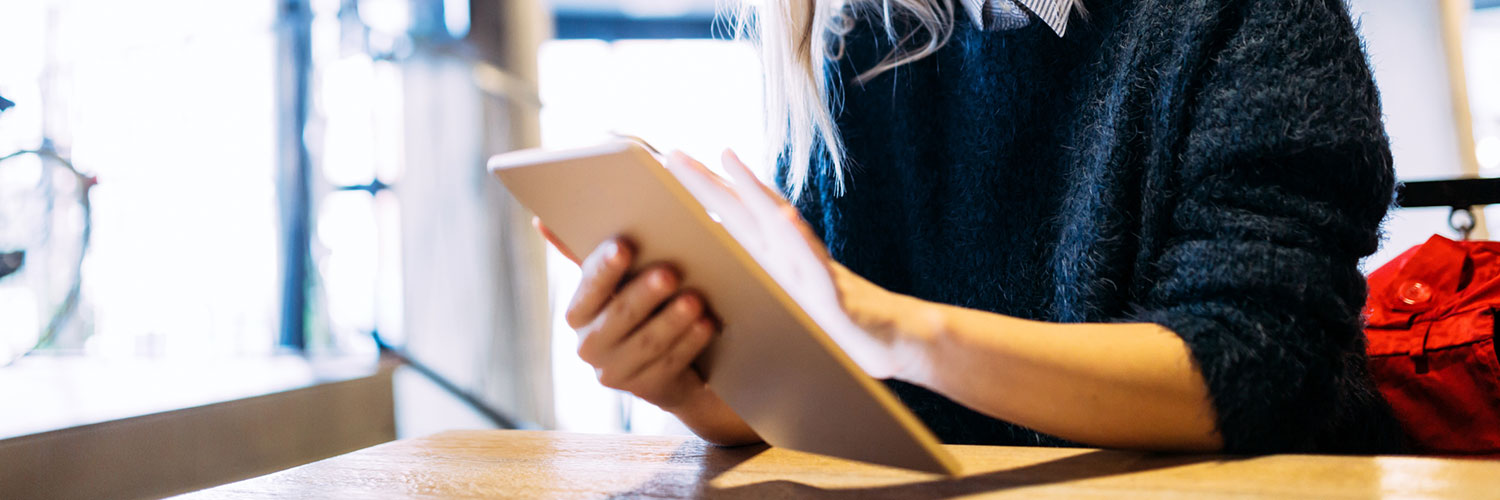
Owning and running a restaurant is a great way to combine passion and profitability, especially if you love cooking and eating. Restaurant ownership provides you with an outlet to share your love of food with a wide variety of people. As a bonus, you get the chance to know your customers and learn about their preferences. However, restaurant dining is a less feasible option these days due to the pandemic. To cope with the situation, many establishments have begun offering food delivery services. This helps keep their businesses afloat and their customers happy at the same time.
Although food delivery is a convenient way to offer food to people in your area, there are certain risks involved with this service. As a restaurant owner, you should be mindful of these risks to prevent losses and ensure that your business continues to thrive.
Here are the top 3 inherent risks of food delivery services.
Breach of data privacy
Nowadays, a significant percentage of food orders are placed and processed electronically. Instead of phoning in their orders, customers are more likely to browse the restaurant’s menu online, place their order, and pay for it via electronic means.
Despite the convenience of online transactions, there remain many risks to restaurant owners and their businesses. Many of these risks are associated with the transfer and collection of customers’ personal information, such as names, contact numbers, physical addresses, email addresses, credit cards, and IDs.
All these bits of information are prone to unauthorized theft or access by hackers. Restaurants without a reliable security system are at risk of being victimized by a cyberattack. This is a growing problem and a genuine threat that has cost businesses over $7.45 billion in losses from 2014 to 2018.
If your business has been the target of cyberhacking, the first thing to do is contain the breach and take the necessary actions to prevent further damage and liability. You should then assess the problem and determine whether or not malware remains in your system.
It is also necessary to inform your customers about what happened. You will have to prepare your staff to field calls and emails about the breach. In some cases, you may even have to deal with a costly lawsuit.
Preventing such incidents from reoccurring may require conducting a security audit to assess your system. It is also a good idea to update your recovery plan to be better prepared for future cyberattacks.
Food safety
The COVID-19 situation has made many people wary of ordering food from restaurants because of the risk of catching the virus. Although the Center for Disease Control and Prevention has found no evidence that the virus can be transmitted through food, the packaging used for food storage may not be entirely safe.
Having a customer get sick after ordering food from your restaurant obviously isn’t good for business. To prevent the spread of viruses through packaging, consider advising your customers to disinfect the food containers thoroughly after receiving them. You should also instruct them to use their own utensils if possible.
Another issue with delivering food is ensuring the quality of the product. According to the USDA Food Safety and Inspection Service, hot food should be kept and stored at 140º F or higher. Cold food, on the other hand, should be at 40º F or lower. These temperature ranges will help maintain food freshness and prevent harmful bacterial growth.
Of course, conforming to these standards may be difficult, especially when food is coursed through a delivery service. Although insulated food delivery boxes help maintain the ideal temperature, unexpected delays such as traffic and other issues may cause bacteria to multiply. This could affect the food’s quality and possibly even cause food poisoning.
Needless to say, a case of food poisoning could cause considerable harm to your business’s image and result in lost customers. You could also face lawsuits related to the incident. This is why it is essential to use containers that keep food at the proper temperature. It would also help to implement a system that ensures the timely delivery of food every time.
Driver-related risks
Commercial auto liability is essential for any business that relies on hired delivery drivers. Drivers are always at risk of being involved in accidents and vehicular crashes, especially if they are in a hurry to complete their delivery. Furthermore, these risks remain after drivers stop operating their vehicles.
Commercial auto liability insurance is essential for food delivery services. This type of insurance covers drivers for injuries resulting from slips and falls that may occur away from their vehicles.
What to do
For most restaurant owners, the ultimate goal is to maximize profit and minimize losses. But the risks discussed above often makes it more challenging to accomplish these objectives. LA Hospitality Insurance can mitigate these risks and protect businesses and business owners from their financial and legal consequences. With the right insurance plan, you could avoid costly liabilities and reduce the downsides of running a food delivery business.
About Arroyo Insurance Services
Arroyo Insurance Services was officially established in 1986, but we have roots dating back to before 1950. One of California’s leading client-oriented and independently owned agencies, we have over 140 employees with a combined experience of over 450 years, spread across 11 locations. We are committed to providing the best insurance and risk management services at the most competitive premiums, and backing it with hands-on service tailored to our customers’ needs. For more information on how we can mitigate your risks, contact us today at (877) 220-4769.




